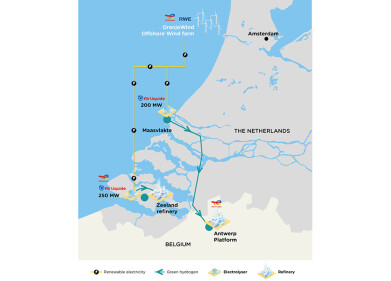Green energy
Could Solar Power Be the Answer to Africa’s Energy Crisis?
Jun 17 2015
We’re all familiar with the headlines about Africa’s well-documented political, educational and health problems. The latest epidemic, natural disaster or corruption allegation seems to be a regular occurrence with reference to the continent. However, one thing we don’t often hear about, but which affects Africa in a huge way, is its gargantuan energy deficit.
A Huge Effect on Livelihood and Lifestyle
At present, a whopping 66% of the population (that’s an incredible 621 million people) in Africa are living without electricity. Instead, they use charcoal, wood and animal waste matter as combustibles to achieve their energy needs.
These methods are not only incredibly inefficient, costing a typical household up to 80 times more than someone living in New York or London, but are also deadly to the populace. The fumes inhaled by the combustion of such substances are responsible for killing over half a million people on an annual basis.
The reasons for such backward energy production means are manifold. Although underinvestment and miscalculations do play a part in the criminal inefficiency of Africa’s public energy infrastructure, the majority of the problem lies at the feet of politicians. Corruption means projects remain underfunded and energy is diverted away from those most in need of it.
Light at the End of the Tunnel?
Despite the huge shortages of electricity and energy, Africa remains one of the biggest untapped sources of renewable energy in the world. Chief among these means is solar power, which has seen huge advances and subsequent plummets in pricing in recent years. The newly-found cost-effectiveness of the technique could make it an ideal solution to the African energy crisis.
Were cheap, widely-installed solar panels to provide a viable alternative to the fuels currently used by households across Africa, it would not only give millions of people access to clean, renewable energy, it would also save untold riches in public and private funds. This money could then be diverted to other deserving causes, such as education, sanitation and raising general health standards.
One example of a possible application of solar power in the continent has already been trialled in communities in Ghana and South Africa. A series of solar-powered computers has been released in several schools across Africa, allowing students access to modern facilities without the huge price tag.
Meanwhile, as well as alleviating the energy crisis and helping to raise educational standards, solar power could also work to avoid common drought issues. Eritrea has played host to a trial solar pump, which allows farmers to extract water from the Mereb River. The device, created by Mono, enables farmer to pump up to 100m3 from wells and then send it to a distance of 228m, to a nearby reservoir.
The sweltering climate of Africa means that such practical uses of the continent’s abundant natural resources is really a no-brainer; the only thing standing in its way is the initial investment funds. Hopefully, these will materialise in the imminent future, putting an end to energy concerns and raising standards of living across the board.
Events
May 18 2025 Algiers, Algeria
23rd International Water Management Exhibition
May 20 2025 Prague, Czech Republic
Jun 17 2025 Guangzhou, China
Singapore International Water Week Spotlight 2025
Jun 23 2025 Singapore
Jun 25 2025 Sao Paulo, Brasil














